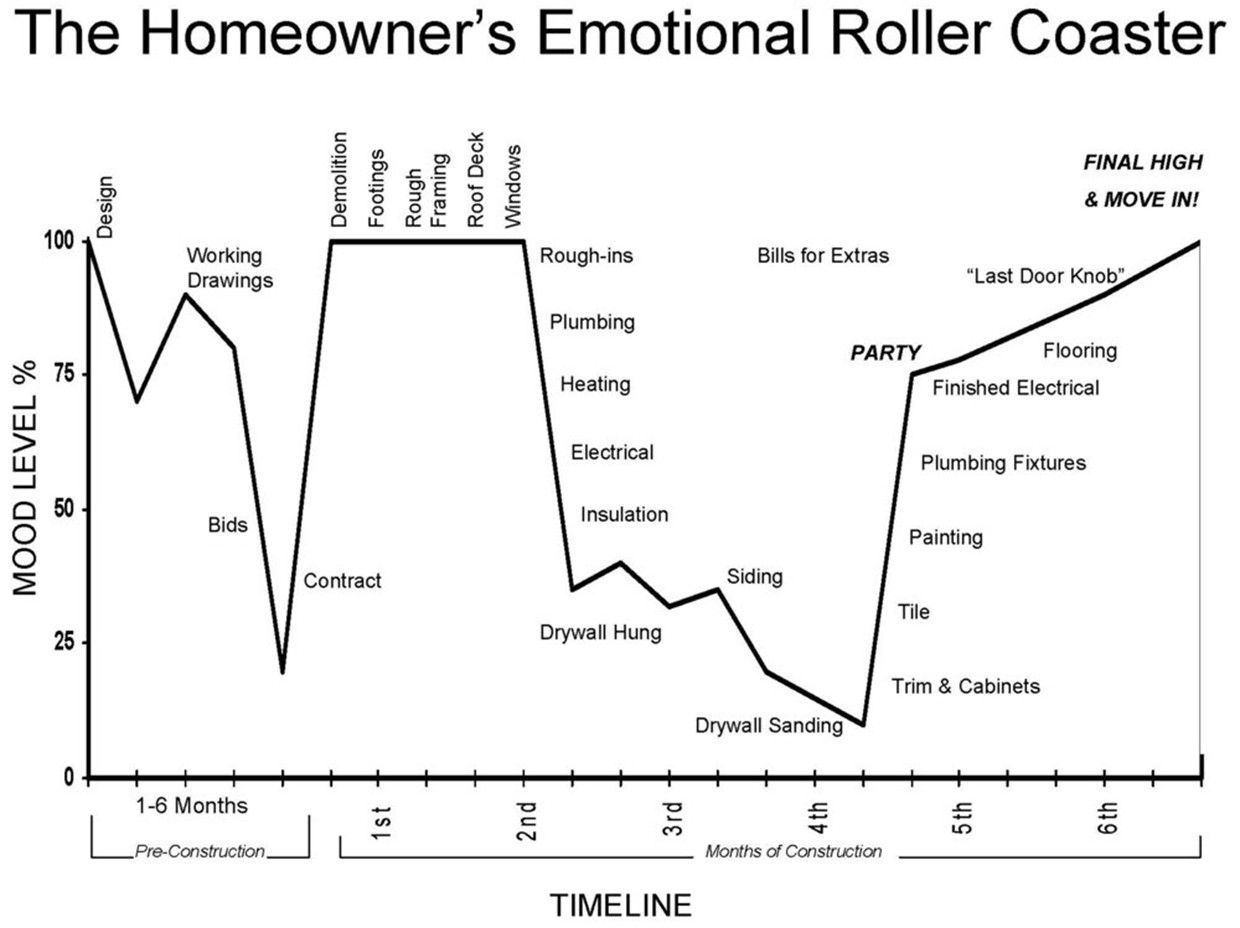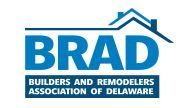Helping a Relative Buy a Home

A Little-Known Way to Responsibly Help a Relative Buy a New Home
Most people understand that they can help a relative buy a new home, or a larger home, by making a gift to help with the down payment, or acting as a cosigner on the mortgage. Often, a parent or sibling is willing to help their relative, but would prefer to do so in a way that does not involve a gift and that protects their financial interests. This can be especially true when a parent wants to help one child, but not do it in a way that is potentially detrimental to other children
A Shared Equity Financing Agreement, or SEFA, is a little-known but powerful mechanism for helping a relative get into their dream home.
A SEFA is an agreement in which two or more persons own a home. The resident owner occupies the home as his/her principal residence. The investor owner acquires an agreed percentage of ownership in the home. The resident owner is required to pay rent to the investor owner for the portion of the house the investor owner acquires.
Under the vacation home rules, personal use of the home by a relative of the property’s owner is attributed to the owner. However, an exception to the general rule exists when the dwelling is rented to a tenant for a fair market rent and serves as the renter’s principal residence. When the tenant owns an interest in the property, this exception applies only if the rental qualifies as a SEFA.
Example: Mom and dad have agreed to help their son, Junior, purchase his first home. The total purchase price is $500,000, consisting of a $100,000 down payment and a mortgage of $400,000. Mom and dad pay half of the down payment and agree to make half of the mortgage payment pursuant to a SEFA with Junior. Junior pays them a fair rental (determined when the agreement is signed) for using 50% of the property.
Under this arrangement, Junior treats his 50% interest in the property as his personal residence for tax purposes, deducting his share of the mortgage interest and property taxes. Because his use is not attributed to his parents, they treat the property as rental. They must report the rent they receive from Junior, but can deduct their 50% share of the mortgage interest and taxes, the maintenance expenses they pay, and depreciation based on 50% of the property’s depreciable basis. If the property generates a tax loss, it is subject to, and its deductibility is limited by, the passive loss rules.
A SEFA does create some complexity. You will probably need a qualified lawyer to draft the agreement for you. You will also need professional accounting help to keep track of each owner’s capital interest in the property and allocation of tax deductions.
One other drawback to SEFAs is that the nonresident owners will not qualify for the gain exclusion upon the sale of the residence. The result will be a taxable gain for the portion of the gain related to the deemed rental. The gain may also be subject to the 3.8% net investment income tax. Parents should consider guaranteeing or cosigning the mortgage, instead of outright joint ownership, if excluding potential future gain is a major consideration.
Typically, the resident owner will ultimately purchase the equity of the nonresident owner.















